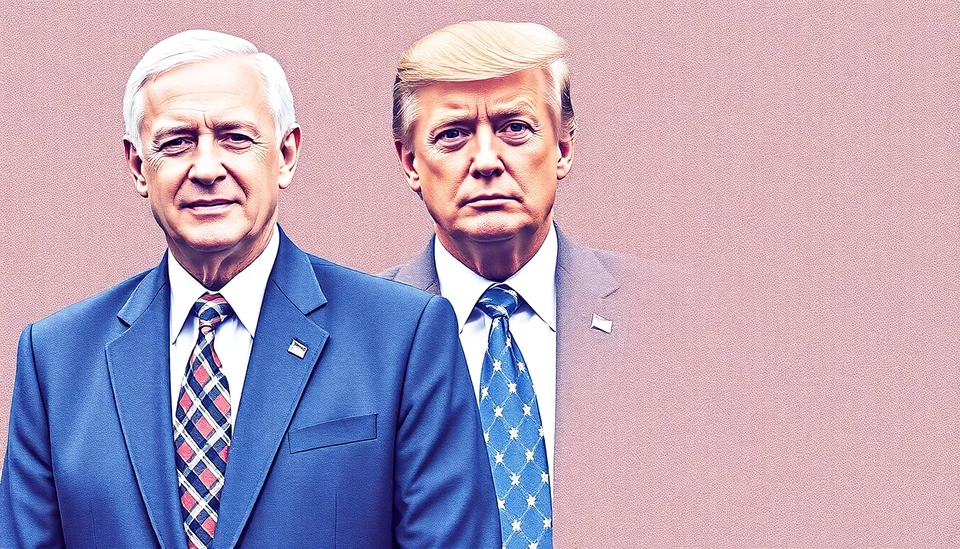
In a concerning development for public health, Democrats have issued stark warnings regarding potential cuts to HIV funding that are being discussed under the Trump administration. Experts argue that reduced financial support could precipitate a resurgence of HIV cases, putting countless lives at risk and undermining years of progress in combating the epidemic.
This warning comes on the heels of the administration's proposed budget plan, which features significant reductions in funding for critical programs aimed at HIV prevention, treatment, and education. Democrats and health advocates have united in their condemnation of these budgetary cuts, emphasizing that such reductions could undo the advancements made in HIV treatment and prevention over the past few decades.
Health officials and lawmakers have pointed to data indicating that continued investment in HIV services is essential. Historically, funding has enabled broader access to antiretroviral therapy, which is crucial for both treating those living with HIV and preventing new infections. The funding also supports education campaigns that help to inform the public about the virus and combat the stigma associated with it. Without these crucial resources, the risk of new infections could dramatically increase, causing a public health crisis.
Democratic leaders and health professionals are calling on Congress to prioritize HIV funding as they shape the federal budget. They stress that even small cuts could lead to significant negative outcomes, including increased transmission rates, higher healthcare costs, and a return to outdated stigma surrounding the disease.
The impact of inadequate funding has been illustrated by historical data. After previous budget cuts in HIV services, there was a notable uptick in the number of new HIV cases, disproportionately affecting marginalized communities. Many health advocates warn that if these cuts go through, it could lead to similar patterns, particularly impacting low-income populations and communities of color, which are already at a higher risk for HIV.
As the budget discussions progress, Democrats remain vocal about their commitment to fighting for increased funding to ensure that preventive measures and treatments remain accessible. They argue that public health is at stake, demanding action from lawmakers to safeguard against potential setbacks in the fight against HIV.
The ongoing conflict over funding illustrates a wider ideological divide on health policy, where appropriate funding is seen as essential not only for effective disease management but also as a moral imperative to protect vulnerable populations. The stakes are higher than just numbers on a budget—it's about lives, health outcomes, and the future of HIV prevention.
As the administration faces increased criticism, many are watching closely to see whether these concerns will result in changes to the proposed budget. The urgency of the situation cannot be understated, and the hope for many advocates lies in a bipartisan commitment to sustain and bolster HIV funding to help keep the epidemic under control.
#HIVAwareness #BudgetCuts #PublicHealth #TrumpAdministration #HealthcarePolicy #HIVPrevention #Democrats #FundingCrisis
Author: Victoria Adams




